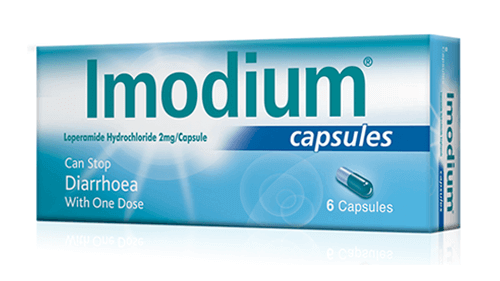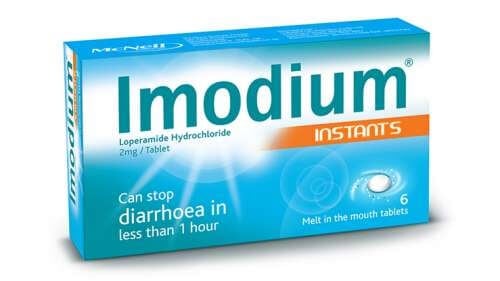
Summary
It might seem obvious, but what you eat and the way you eat can really affect your digestive health. Eating foods that your body is sensitive to or simply eating too much or too quickly can each play a part in bringing on diarrhea.
Eating habits
Here are some common eating-related causes of diarrhoea:
- Eating too quickly. It takes 20 minutes for your stomach to tell your brain it’s full, so eating too fast means you’re likely to overeat and have more to digest.
- Gulping down food. When you gulp, you swallow air, which can lead to trapped wind and poor digestion.
- Eating big, heavy meals. These take longer to digest and make your system work harder.
- Eating late at night. Your digestive system is at its least efficient at the end of the day.
Foods that Cause Diarrhea
So, what foods cause diarrhoea?
Everyone is different. What might trigger diarrhoea for one person could be fine for another or even act as a calmative. Saying that there are some foods that can commonly cause diarrhoea:
- Spicy foods. Recent studies show that rich and spicy foods, like Indian and Chinese food, may worsen abdominal pain for IBS sufferers. This is thought to be due to a compound found in chilli peppers.
- Fried and fatty foods. These will increase the strength of your natural intestinal contractions as you digest and process the food, which can aggravate symptoms of diarrhoea sufferers.
- Excess fruits or vegetables. For some people, eating too many prunes, kiwi fruit, beans, broccoli or cabbage can set off diarrhoea.
- Dairy. Milk, cheese, cream and other dairy products are known causes of diarrhoea for some people. Look for non-dairy alternatives like almond or soy milk.
- Coffee and tea. Caffeine has been identified as a trigger for many sufferers with digestive problems. Try to limit how much caffeine you drink and opt for herbal teas instead.
- Sweeteners. Artificial sweeteners like sorbitol and fructose, which you’ll find in diet drinks, sweets and chewing gum, have been linked with causing diarrhoea, in part because they’re poorly absorbed by the small intestine. Keep an eye out for these on the packaging and try to choose a natural alternative.
Remember, your symptoms might not be caused by the food you’ve just eaten, but by what you ate the day before. Or it may not be the food at all, but how quickly, how late or how much you ate.
How to spot your problem foods or eating habits
If you have chronic diarrhea, it might be caused by eating certain foods or eating in a certain way. You can try to identify your trigger foods or eating habits by keeping a diary of what you eat every day and when and how you eat it, so that you can match this up with your symptoms.
How to treat Diarrhoea
You can, of course,e treat your diarrhea – and should do so after the first bout of diarrhea. IMODIUM® works in harmony with your body to restore the normal rhythm of your digestive system. Your bowel movements, fluid absorption and overall system will recover more quickly with IMODIUM® than if you let diarrhea run its course.
Where to buy IMODIUM®
It’s easy to find IMODIUM® in pharmacies. You don’t need a prescription, so you can buy it over the counter.




